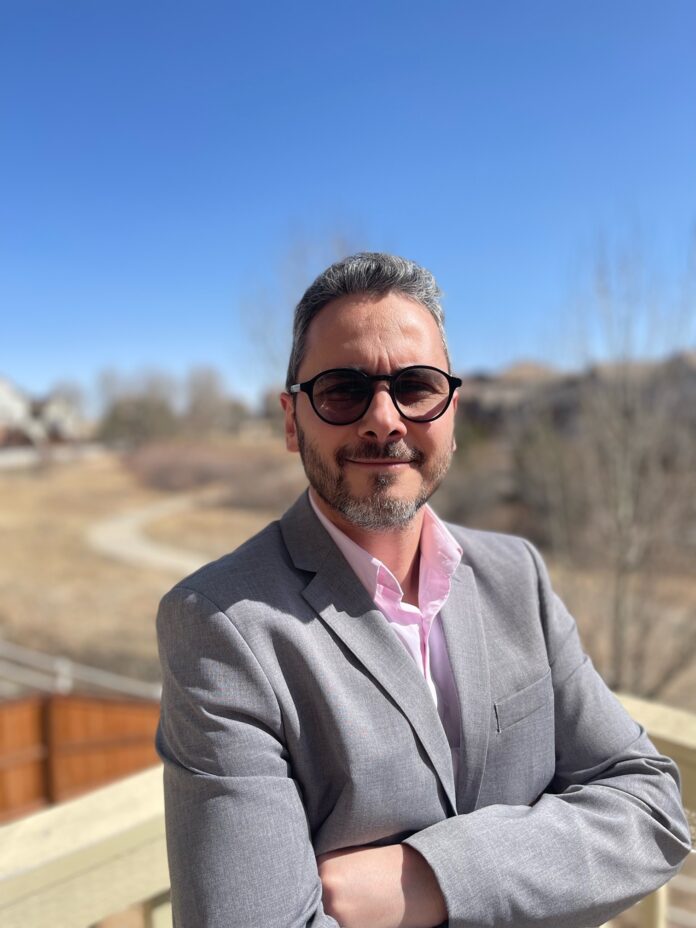By Ismail Akbulut
Special to the Mirror-Spectator
Excitement filled the air as I embarked on a journey to Berlin, the cosmopolitan capital of Germany, with eager anticipation and curiosity. With its amazing historical sites, vibrant diaspora communities, including the Turkish diaspora, and rich cultural tapestry, Berlin promised an unforgettable adventure that resonated deeply with my personal heritage. As my family had migrated from Turkey to Germany in the 1970s, this journey held a special significance, igniting a sense of connection and excitement for the exploration that lay ahead.
Nestled in the heart of the city, close to Checkpoint Charlie – the iconic symbol of division between East and West Berlin – I was struck by the remnants of a tumultuous past that still echo through its streets. From the vantage point of their apartments, Berliners gazed across the wall, catching glimpses of the lives their loved ones led on the other side, a poignant reminder of the separation endured by the city’s inhabitants.
Berlin, once divided by the Cold War, bears witness to the scars of history etched into its landscape. The sight of Stolpersteine, small brass plaques embedded in the pavement to commemorate Jewish victims of the Holocaust, served as a touching reminder of the city’s dark past.
As I traversed the city, I encountered numerous memorials dedicated to the millions of innocent lives lost during World War II. The Holocaust Memorial, with its stark, somber concrete blocks, stood as a powerful testament to the atrocities of the past, evoking a sense of profound sadness and reflection.









